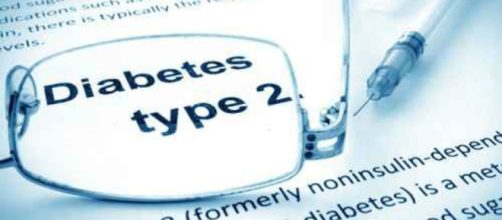Type two diabetes is a form of the disease that happens when people become more resistant to insulin, the hormone that metabolizes sugar in the human body. The condition can arise in people who are obese. Individuals who are living with the disease can control it with diet and exercise, but often have to resort to medications or insulin therapy. Type two diabetes is the most common form of the disease with over 29 million Americans suffering from it. Now a research team at the University of California at San Diego is developing a medication that, when taken daily, could reverse the effects of diabetes.
The drug works by suppressing an enzyme that seems to be involved in human cells developing insulin resistance, thus restoring the body’s ability to process blood sugar. The drug has worked well in rodent studies, and now the Researchers are moving to ascertain whether its safety in animals before proceeding to human trials. The researchers did not detect any side effects in mice after a month of treatment.
If the drug works and is approved for use by humans, it could revolutionize the way diabetes is treated. Now, very often, people with the disease have to regularly monitor their Blood Glucose levels and inject themselves with insulin as needed. Others, luckier, can control the symptoms with medication or even with just diet and exercise.
These treatments do not reverse the disease, though, but just manages it.
The pill would provide people with the ability to live with a chronic disease, much as blood pressure medication helps people keep their hypertension in check. One would just take a pill every day and then not worry about the fact that they have type two diabetes. No more monitoring blood glucose. No more insulin injections.
Diabetes has a number of pernicious side effects, including blindness and nerve damage to the extremities that can result in amputation if left unchecked. People with diabetes often die sooner than people who do not have the disease. A drug that can be taken once a day that reverses the effects would significantly reduce these effects, enhancing the lifespans and quality of life for potentially hundreds of millions of people worldwide.

